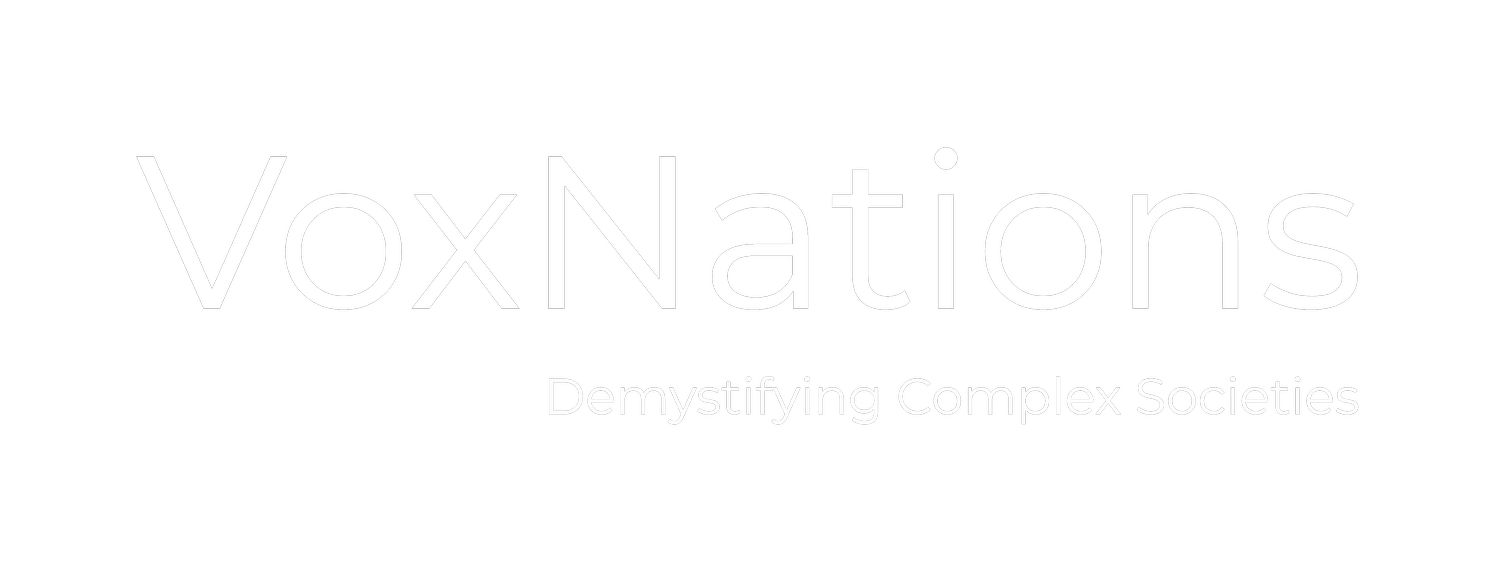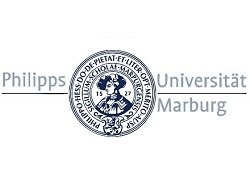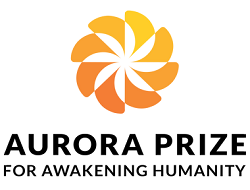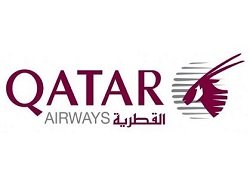In a new survey of the Iranian public, a solid majority supports pursuing a deal on Iran’s nuclear program. When presented a summary of key points on which negotiators for the P5+1 have already reached an understanding with Iran, a clear majority (57%) expressed support for a deal under which Iran, for a number of years, would limit its centrifuges and nuclear stockpile to the level needed for nuclear energy and accept more extensive inspections by the International Atomic Energy Agency in return for the P5+1 accepting Iran to enrich uranium, lifting of economic sanctions, and expanding nuclear cooperation with Iran. Only 15 percent were opposed; another 28 percent were equivocal or did not know.
Support for the deal may be complicated since attitudes about making a deal on the nuclear program are related to assumptions about whether all US sanctions would be lifted and how quickly Iranians would experience various benefits from sanctions relief. Currently 63 percent of Iranians assume that according to the understanding, all US sanctions on Iran are to be lifted eventually, not just those related to Iran’s nuclear activities. Only 23 percent believe that some US sanctions would continue. Asked what Iran’s position should be, 51 percent say that unless the US agrees to remove all of its sanctions, Iran should not agree to a deal, while 45 percent say Iran should be ready to make a deal that removes some US sanctions and all UN and EU sanctions. In this context, support for making a deal is substantially lower among those who believe that the terms of the understanding do not necessarily call for the US to remove all sanctions compared with those who believe that a final agreement would require complete sanctions removal (51% compared with 64%).
Iranians also express high expectations that a nuclear deal, with the removal of sanctions, would produce significant effects within a year. Majorities say they would expect to see better access to foreign medicines and medical equipment (61%); significantly more foreign investment (62%); and tangible improvement in living standards (55%), all within a year.
The telephone poll of 1,009 Iranians was conducted May 12-28, 2015, by IranPoll.com and the University of Tehran’s Center for Public Opinion Research working in conjunction with the Center for International and Security Studies at Maryland. The margin of error was +/- 3.2%.
Read the full report of this study here.

































































